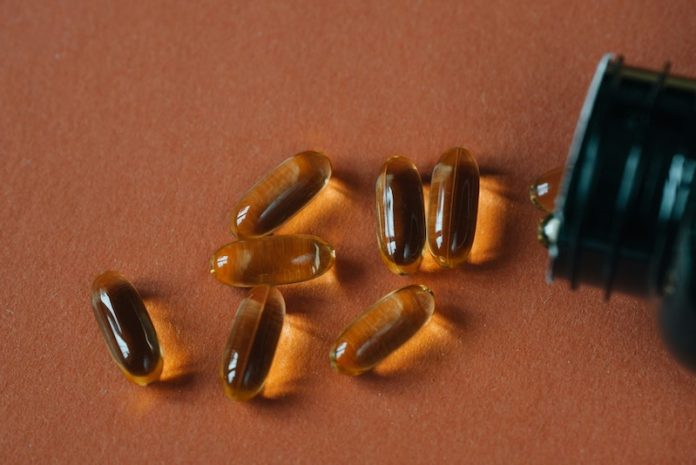
A new report from the VITAL study—a large, long-term randomized clinical trial—has found that taking vitamin D supplements may help protect telomeres, the tiny protective caps at the ends of chromosomes that naturally shorten with age.
Telomere shortening is a key marker of biological aging and is linked to the development of several age-related diseases, including cancer and autoimmune disorders.
The findings, published in The American Journal of Clinical Nutrition, provide strong evidence that vitamin D3 (at a dose of 2,000 IU per day) can slow down the loss of telomere length, potentially helping to delay certain effects of aging.
“This is the first large-scale and long-term randomized trial to show that vitamin D supplements protect telomeres and preserve their length,” said Dr. JoAnn Manson, co-author of the study and principal investigator of the VITAL trial.
Dr. Manson is also chief of the Division of Preventive Medicine at Brigham and Women’s Hospital, part of the Mass General Brigham healthcare system.
Telomeres act like caps at the ends of chromosomes, protecting our genetic material during cell division. As we age, these caps get shorter, eventually leading to cell aging and dysfunction. Shortened telomeres are associated with increased inflammation and greater risk of diseases like cancer, heart disease, and diabetes.
In the past, some small studies hinted that vitamin D or omega-3 fatty acids might help maintain telomere length, but results were mixed. The VITAL trial, however, is much more robust.
It included more than 25,000 adults across the U.S., and the telomere sub-study focused on 1,054 participants—both women aged 55+ and men aged 50+—who had their white blood cell telomere lengths measured at the start of the study, and again after two and four years.
Participants who received vitamin D3 showed significantly less telomere shortening compared to those who received a placebo. The effect was equivalent to preventing nearly three years’ worth of biological aging over the four-year period. On the other hand, omega-3 fatty acid supplements (1 gram per day) had no significant impact on telomere length.
“These findings suggest that vitamin D may help slow down part of the aging process at the cellular level,” said Dr. Haidong Zhu, the study’s first author and a molecular geneticist at the Medical College of Georgia, Augusta University.
However, he also emphasized that more research is needed to understand exactly how vitamin D works in this process and whether it can reduce the risk of age-related diseases over time.
This new evidence builds on earlier results from the VITAL trial, which found that vitamin D also helps reduce inflammation and lowers the risk of some chronic conditions, including advanced cancers and autoimmune diseases.
While vitamin D supplements are generally safe when taken at recommended doses, it’s important to talk to a healthcare provider before starting any supplement routine, especially since individual needs can vary based on age, health conditions, and other factors.
Overall, this study highlights vitamin D’s potential role not just in bone health and immunity, but also in slowing one of the body’s core aging mechanisms—making it a promising area for future aging and disease prevention research.
If you care about health, please read studies about the best time to take vitamins to prevent heart disease, and vitamin D supplements strongly reduce cancer death.
For more health information, please see recent studies about plant nutrient that could help reduce high blood pressure, and these antioxidants could help reduce dementia risk.
The research findings can be found in The American Journal of Clinical Nutrition.
Copyright © 2025 Knowridge Science Report. All rights reserved.



